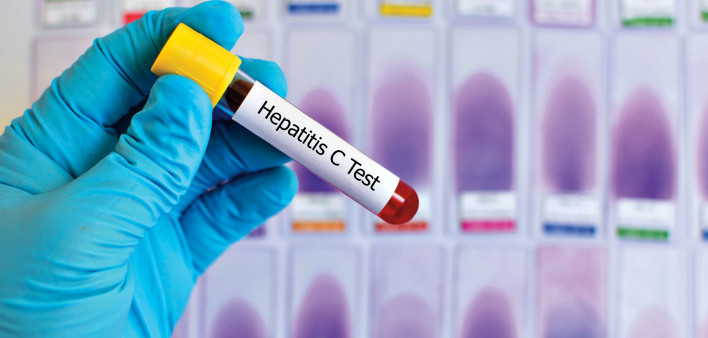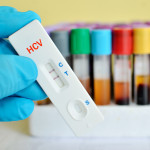People newly diagnosed with HIV are subsequently tested for hepatitis C virus (HCV) at a suboptimal rate.
Guidelines recommend that all people living with HIV receive hep C testing.
Investigators reached this conclusion by analyzing data from the 2003 to 2017 IBM Watson Health MarketScan database, which included information on 46,277 people newly diagnosed with HIV during that time. The study authors published their findings in Open Forum Infectious Diseases.
Sixty-four percent of the cohort were male, and 50% were in their 30s or 40s. The average age was 38. Ninety-five percent of the cohort members received medical care in urban areas.
The researchers found that overall, 50% of the cohort members were tested for hep C within a year of their HIV diagnosis. Between 2003 and 2017, the annual rate of such testing increased by 13%. However, the trend during this time was inconsistent. People diagnosed with HIV in 2014 were 45% more likely to receive prompt hep C testing than those so diagnosed in 2008. However, the prompt HCV testing rate peaked that year. In 2015, the rate leveled off and then declined.
People in their 20s were 25% more likely than those in their 50s to receive prompt HCV testing. Women were 21% less likely than men to receive prompt testing. And those who received medical care in rural areas were 15% less likely than those seen in urban areas to receive prompt testing.
“Although there were increases in hepatitis C testing rates over the study period, there were missed opportunities to detect HCV infection among people newly diagnosed with HIV,” the study authors concluded.
To read the study abstract, click here.







Comments
Comments